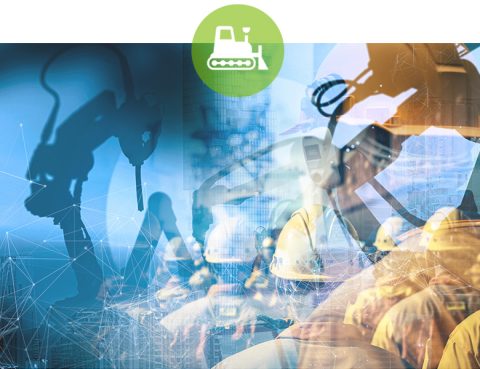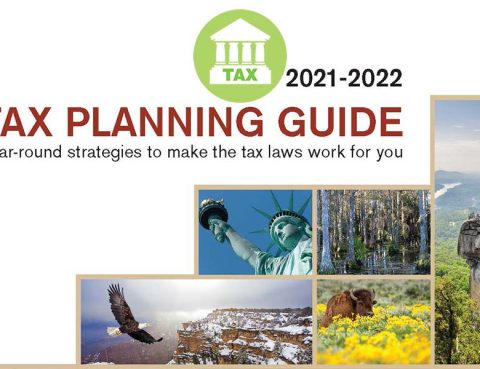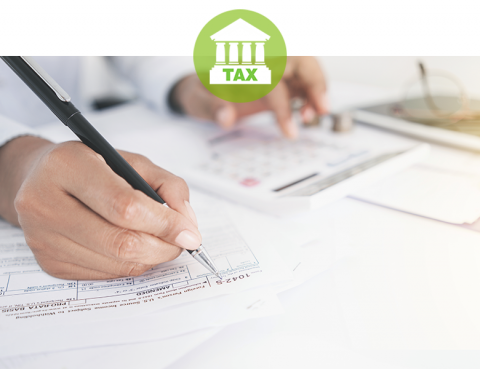
Artificial intelligence (AI) has been receiving plenty of press coverage lately, much of it negative. Like many technological innovations, AI is certainly susceptible to abuse and it’s far from infallible. However, AI has the potential to transform the way contractors do business — both in the office and on the jobsite. That’s why forward-looking contractors…

The Tax Cuts and Jobs Act (TCJA) imposed a new limitation on deductions of business interest expense by certain companies. And the limit, found in Section 163(j) of the Internal Revenue Code, became even more restrictive in 2022 — especially for capital intensive businesses. As a construction business owner, you should determine whether the deduction…

Because of COVID 19, congress passed many programs to keep people employed when companies were dealing with the impacts of COVID. One of those programs is the Employee Retention Credit (ERC). The ERC was originally introduced under the CARES Act, but the Consolidated Appropriations Act signed on December 27, 2020 made some amendments to it,…

This guide includes year-round strategies to make the tax laws work for you. Learn about important tax law changes and ways to minimize your income tax liability. Table of Contents: Income & Deductions Executive Compensation Investing Real Estate Business Ownership Charitable Giving Family & Education Retirement Estate Planning Tax Rates

Many construction company owners might assume that a tax credit related to research and development is out of their reach. Au contraire — contractors can and have claimed the research credit for improving construction techniques or developing industry – related software. Here’s a refresher on this potentially valuable tax break. Making the grade Essentially, the…

If your construction business has struggled because of the COVID-19 pandemic, you may have received a forgivable Paycheck Protection Program (PPP) loan through the Small Business Administration (SBA). But if those funds have run out — or if you have expenses that a PPP loan doesn’t cover — you may want to explore other funding…

The CARES (Coronavirus Aid, Relief, and Economic Security) Act may be best known for its provisions designed to shore up the economy as the nation copes with the COVID-19 pandemic. These include distributing Economic Impact Payments to individuals and offering Paycheck Protection Program (PPP) loans to businesses. But the act also includes several provisions that…

Even before the COVID-19 crisis, construction technology was transforming the way contractors go about their business. Whether this transformation was happening rapidly or gradually is up for debate, but there’s little doubt that change was (and is) occurring. The pandemic will likely accelerate the technological (r)evolution as contractors look for ways to work more safely…

The COVID-19 pandemic is unlike any other crisis we have faced in decades. As contractors continue to work back toward normalcy, it’s critical to learn from recent experience and apply those lessons to preparing for the inevitable disasters and economic downturns of the future. Review Jobs, Backlog and Expenses Take inventory of current jobs and…

Classify Carefully The classification of workers as independent contractors or employees has significant implications — both tax and nontax — for all businesses. But this issue is particularly important for construction companies, given the widespread use of subcontractors in the industry. In recent years, the IRS has been cracking down on employers that misclassify employees…
